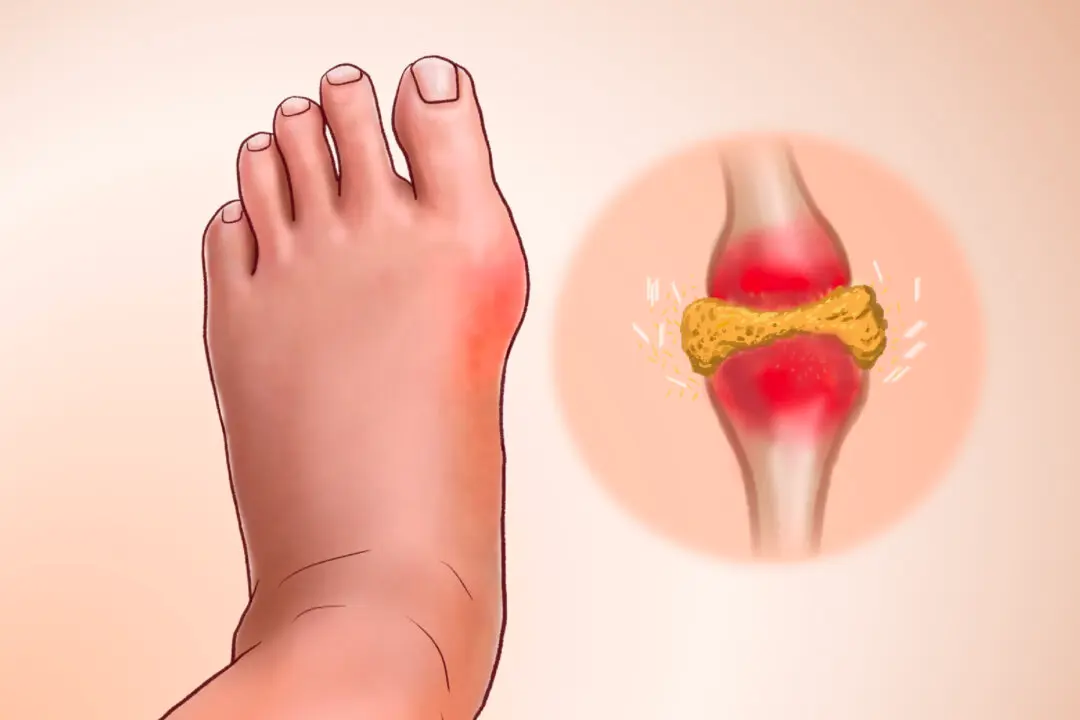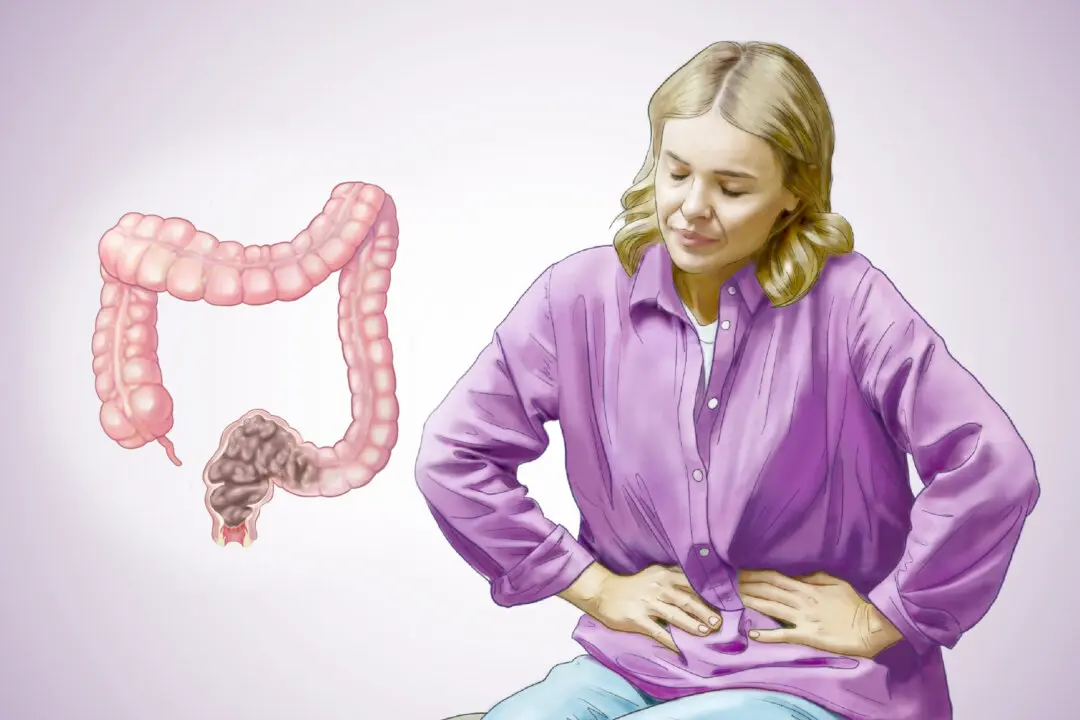Rab Wardell, the newly crowned Scottish MTB XC champion, passed away in his sleep a few days after winning the Scottish cycling title at the age of 37.
Katie Archibald, his partner and Olympic champion, tweeted that “he had suffered a cardiac arrest.” According to Archibald, although she tried her best to revive him, and the paramedics arrived within minutes, they still couldn’t save him.






